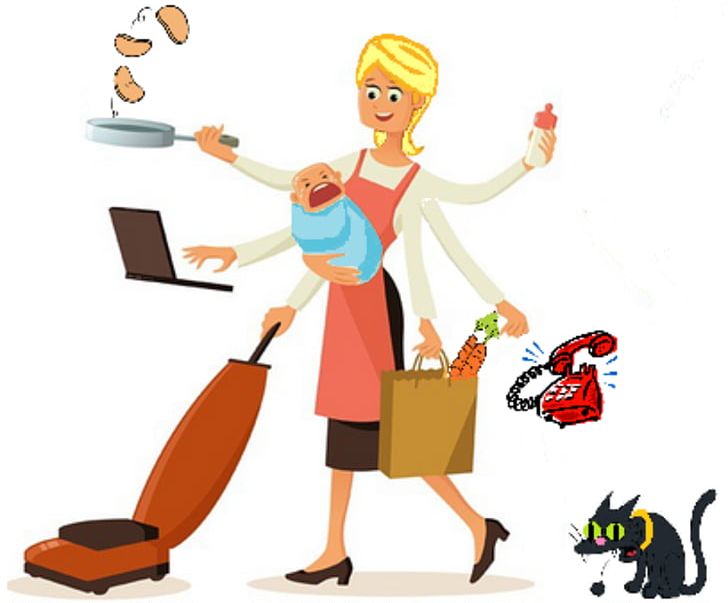
It’s time to end the myth that working mothers “opt out” of their careers to become stay-at-home moms, said Sarah Green Carmichael at Bloomberg. As the pandemic is making clear, “when women leave the workforce, they’re not exercising their options — they’ve run out of them.” In August and September, 865,000 women dropped out of the U.S. labor force — four times as many as men who did. “And it might get worse.” One in 4 working women, and 1 in 3 who are mothers, say they are considering quitting or cutting back their hours. As other surveys indicate, the demands of child care are a major factor. With many day-care centers closed and half of the nation’s K-12 students attending online-only classes, mothers often have little choice but to stay home. Bad public policy always plays a role in these decisions, but “policymakers are MIA, apparently expecting women to be the shock absorbers of the economy.”
The impact on women’s careers may last for years, said Andrea Hsu at NPR. Consider Joyce Chen, an associate professor of economics at Ohio State University. Early in 2020 she was working on several research projects with her eye on promotion to full professor. But when in-person classes ended for her children, the mother of three suddenly had to trim work back to teaching only, passing up grant and publishing opportunities. “That’s something that’s going to ripple out through your entire career,” she says. And Chen knows, because she has studied the “mom penalty” — a hit in pay for women who have children that is partly related to periods when they step back from their professions. But one disadvantage feeds another, because with their lower average wage, at all educational levels, women in a two-income household are more likely to drop out when child-care needs arise.
If women wind up deciding next week’s election, it’ll be only fair, said the New York Daily News in an editorial. “The COVID-19 pandemic may have erased a generation’s worth of hard-won progress in closing persistent gender disparities in pay,” and recent news has been particularly bad: In September, single men gained 1 million jobs while married women lost 1.2 million. The simple solution is an economic recovery plan that focuses on women’s challenges, said Gina Raimondo and Mary Kay Henry at The Washington Post. Two-thirds of the nation’s minimum-wage earners are women, and those wages aren’t enough to survive on. The U.S. remains the only industrialized nation that doesn’t guarantee paid family leave, and “investment in affordable child-care programs is critical.” Men will benefit, too, and so will business. “To build an equitable and resilient economy, let’s start with women.”